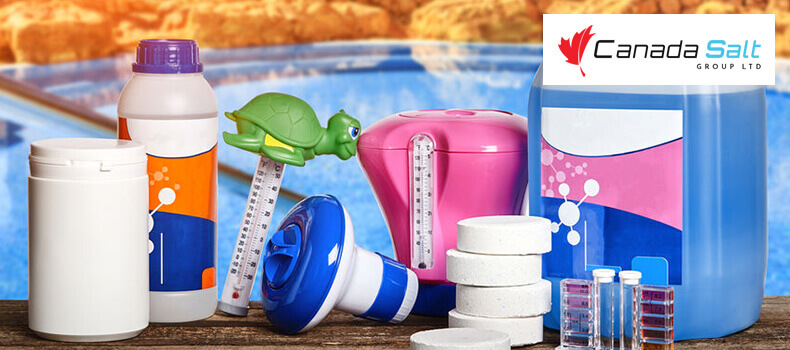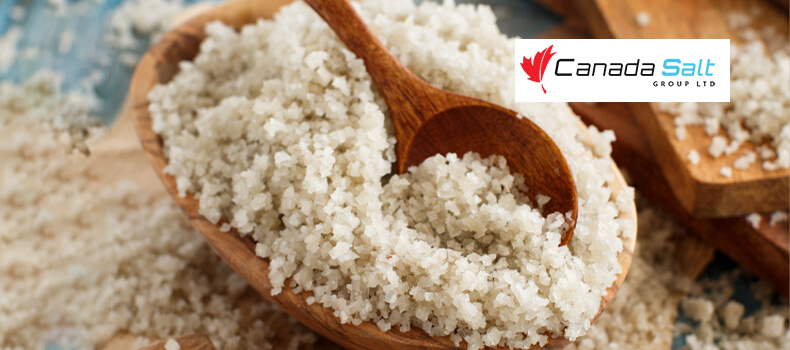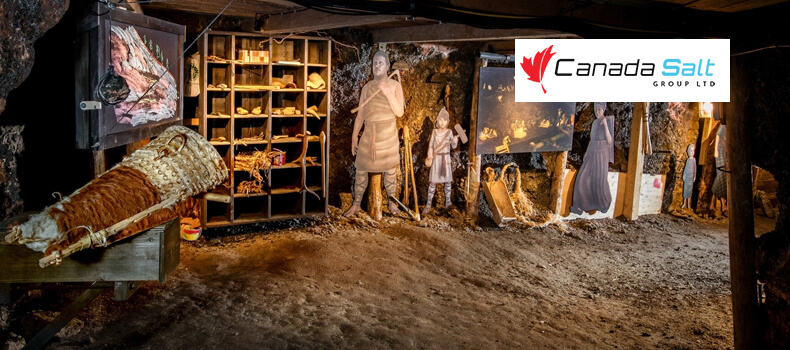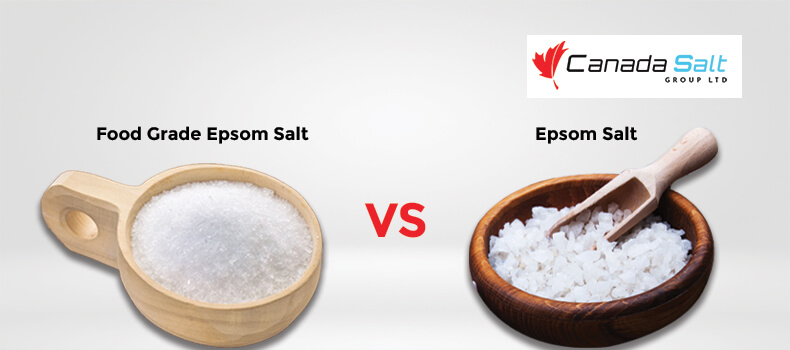What Chemicals Are In Salt Water Pools?
In recent times, saltwater pools have gained popularity, and most homeowners are showing interest in installing a saltwater pool in their homes. A Saltwater pool is not chlorine-free, but the chlorine is generated in the pool itself by using some special chemicals. The chlorine generated in the pool helps kill bacteria, algae, and other viruses that might be harmful to your family. If you are a homeowner looking to have a saltwater pool in your house, read this article to know more about the chemicals used for any saltwater pools.
What Are Salt Water Pools?
A Saltwater pool is a pool that uses a machine called a salt-chlorine generator to convert the salt added to the pool to chlorine for the proper functioning of swimming pool water. It’s called a saltwater pool because you add salt to the water at a level high enough to allow the machine to function, making the water feel silkier. The salt in saltwater pools is about 1/10th of the salinity level of ocean water. The amount of salt is about 3000 to 4000 ppm, and the taste is very mild and enjoyable.
What Is Salt Chlorine Generator?
A Salt chlorine generator uses its primary components, the cell, and board, to control water salt levels in your pool. Inside the cell, a series of metallic grids with a low-voltage current creates a reaction that converts the salt down to tiny little bubbles of pure chlorine.
Chemicals For Salt Water Pools
Below are some of the important chemicals that are to be used for your saltwater pool for perfect maintenance and also have a relaxing day at the pool
1. Salt
Salt is the normal chemical used for any saltwater pool, which gets converted into chlorine after the reaction in the chlorine generator. For your saltwater pool, it is necessary to maintain the correct salt level range so that the system can continue to generate the required chlorine and keep the pool sanitized. The high level of salt can damage the metallic parts of the pool, and at the same time, low levels of salt can lead to difficulty in producing the required chlorine. When adding salt to your pool, ensure that an adequate amount is added and, if needed, take the help of a professional.
2. Adjusting Cyanuric Acid
Cyanuric acid is a mild acid that helps prevent the breakdown of chlorine due to the sun’s ultraviolet rays. Cyanuric acid is a stabilizer essential for the proper functioning of the chlorine generator used for your pool. For cyanuric acid, the ideal level for outdoor pools is 70-80 ppm, while 20-40 ppm for covered pools. The ppm for indoor pools should be 0, as there is no need to add a stabilizer to a pool not affected by the sun.
3. Algaecide
Algaecide is a simple chemical used in pools to kill the algae formed in the pool. Lack of chlorine results in Algae development in the pool. Algae in your pool can cause many infections and also cause skin diseases for family members. Algaecides are mostly available in concentrated form and should be used as directed on the packet or as told by a professional.
4. Total Dissolved Salts(TDS)
When chlorine kills contaminants in the pool, they dissolve, and while many will get removed by the filter, many remain in the water. Inorganic salts and organic materials increase as more chemicals are added to the pool. TDS can be removed from the pool by draining water, refilling it with fresh water, and regularly backwashing or rinsing your filter to get rid of contaminants.
5. Balancers For Pool
For enjoying the full benefits of your pool, it is important to maintain the salinity, alkalinity, and hardness levels in the pool. Saltwater pools are most stable, with a pH of 7.6 and alkalinity of 70-80 ppm. Chlorine-tablet treated pools tend to gravitate towards the low end of the pH and Alkalinity scale, while saltwater pools tend to rise in pH level, requiring a pH reducer slowly.
6. AntiFreeze Chemicals
If you are a resident of a very cold climate place, then there is a chance that water freezes due to the cold temperatures. For any saltwater pool, it is recommended to add antifreeze chemicals into the skimmer when the water levels drop. The antifreeze chemical and a special plug-in in the skimmer prevent water from freezing and expanding due to freezing.
Advantages Of Salt Water Pools
Here are some of the primary advantages of saltwater pools
- Water is clear and smooth
- Low annual maintenance cost
- No chlorine smell
- Water is gentle on the skin and eyes
Conclusion
The salt used for your pools plays an important role in generating the required chlorine for your pool. For the perfect maintenance of any saltwater pool, it must use all the chemicals recommended for the pool. The chemicals and the chlorine generator help maintain your swimming pool very easily. If you are a proud owner of a saltwater pool and looking for pool salt, you need to talk to our professionals. Canada Salt is the supplier of pure pool salt all over Ontario. Contact us for more details.





